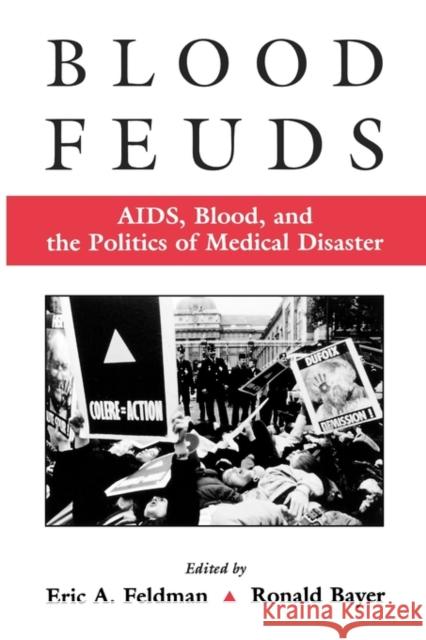Blood Feuds: Aids, Blood, and the Politics of Medical Disaster » książka
Blood Feuds: Aids, Blood, and the Politics of Medical Disaster
ISBN-13: 9780195131604 / Angielski / Miękka / 1999 / 400 str.
In the mid-1980s public health officials in North America, Europe, Japan, and Australia discovered that almost half of the hemophiliac population, as well as tens of thousands of blood transfusion recipients, had been infected with HIV-tainted blood. This book provides a comparative perspective on the political, legal, and social struggles that emerged in response to the HIV contamination of the blood supply of the industrialized world. It describes how eight nations responded to the first signs that AIDS might be transmitted through blood, how early efforts to secure the blood supply faltered, and what measures were ultimately implemented to resolve the contamination. The authors detail the remarkable mobilization of hemophiliacs who challenged the state, the medical establishment, and their own caregivers to seek recompense and justice. In the end, the blood establishments in almost all the advanced industrial nations were shaken. In Canada, the Red Cross was forced to withdraw from blood collection and distribution. In Japan, pharmaceutical firms that manufactured clotting factor agreed to massive compensation -- $500,000 per hemophiliac infected. In France, blood officials went to prison. Even in Denmark, where the number of infected hemophiliacs was relatively small, the struggle and litigation surrounding blood has resulted in the most protracted legal and administrative conflict in modern Danish history. Blood Feuds brings together chapters on the experiences of the United States, Japan, France, Canada, Germany, Denmark, Italy, and Australia with four comparative essays that shed light on the cultural, institutional, and economic dimensions of the HIV/blood disaster.











